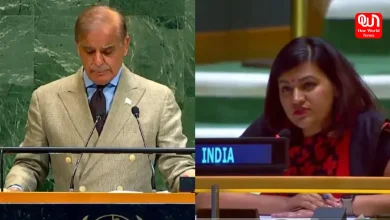Moninder Singh Pandher Released After 13 Years
Moninder Singh Pandher, accused in the Nithari killings case, was released after 13 years in prison due to his acquittal by the Allahabad High Court. The court cited evidence collection violations and unexplored angles, such as organ trade. Pandher's health is reportedly poor.
After 13 years, Moninder Singh Pandher is freed as the High Court acquits him in the Nithari killings case.
Moninder Singh Pandher, who spent 13 years in prison following his arrest in the 2006 Nithari killings case, was released from Noida prison on Friday after being acquitted by the Allahabad High Court on October 16.

Read more:-Israel-Hamas War: War Crimes Laws Unveiled
Pandher’s Release: Solitary Exit
Pandher walked out of the prison around 2 p.m., dressed in a striped kurta, brown sleeveless jacket, and black sunglasses. No one from his family was there to receive him. Accompanied by his lawyer, he left in a car and is on his way to his home in Chandigarh. His lawyer mentioned that Pandher’s health is not very good, and he plans to hold a press conference soon to discuss the judgment.
Pandher was first arrested on December 12, 2006, along with his house help, Surinder Koli. He was acquitted in two cases by the High Court, with the judgment pointing out the violation of basic norms in collecting evidence and the failure to investigate the “possible” angle of organ trade. Koli remains in prison, serving a life sentence in another case related to the killings.
HC Acquittals and Compassionate Release
Pandher had previously been acquitted in three cases by the trial court and one by the Allahabad High Court. He was convicted for offences under the Immoral Trafficking (Prevention) Act, of 1956, in another case, but the High Court considered his time served and released him.
Read more:-Lawrence Bishnoi Aide Deported, NIA Makes Arrest
The High Court’s decision was based on the findings of Justice Syed Aftab Husain Rizvi and Justice Ashwani Kumar Mishra, who stated that Pandher had already served more than the prescribed punishment for the offences under the Immoral Trafficking (Prevention) Act, of 1956.
Liked this post?
Register at One World News to never miss out on videos, celeb interviews, and best reads.








